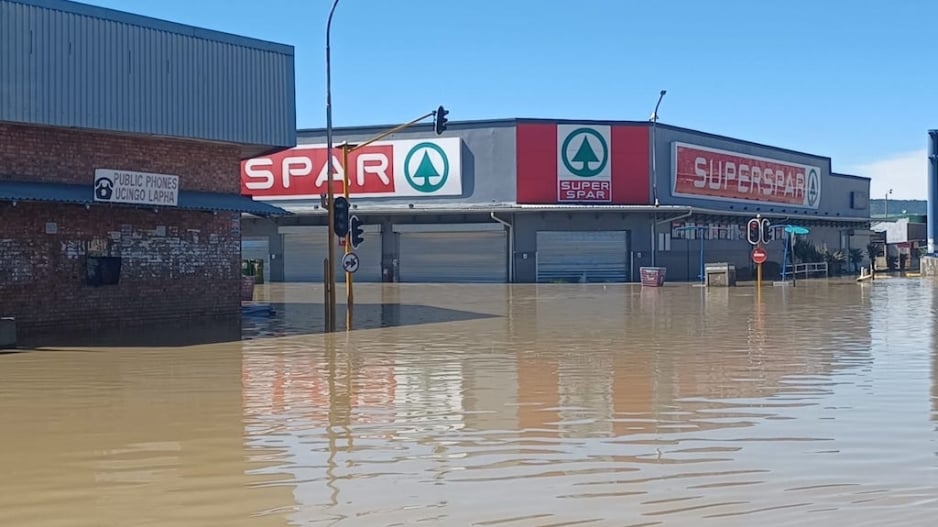GOVERMENT has declared a national state of disaster to deal with the impact of flash floods currently affecting eight provinces, including Mpumalanga, the Eastern Cape, Gauteng, KwaZulu-Natal, Limpopo, the Northern Cape, and the North West.
Presidency spokesperson Vincent Magwenya said the announcement was made to enable an intensive co-ordinated response to the affected provinces.
A national disaster may be declared by the Minister of Cooperative Governance and Traditional Affairs where disastrous events occur or threaten to occur in more than one province.
Magwenya said if needs be, the South African Police Service (SAPS) and the South African National Defence Force (SANDF) may be required to play a critical role in the response to the disaster.
In a media statement on Monday night, Magwenya said the National Disaster Management Centre has, in terms of Section 23 of the Disaster Management Act, classified the impact of current and above-normal rainfall in various parts of the country, with Mpumalanga and the Eastern Cape provinces as the most affected, as a national disaster.
“The National Disaster Management Centre has received reports ranging from flooded homes, vehicles swept away by floodwaters and overflowing dams and sewerage facilities, to the loss of basic infrastructure and damage to roads, bridges and a Limpopo hospital,” Magwenya said.
“Taken together, these conditions demand the provision of temporary shelters, food and blankets to homeless families and individuals and the large-scale, costly rehabilitation of infrastructure.”
He said in agriculture, farmers have suffered crop and livestock losses, and anticipate further losses as the South African Weather Service (SAWS) predicts that current heavy rains will persist.
Forecasts indicate the current weather pattern will remain in this state during the early part of 2023.
“These conditions have been brought on by the La Niña global weather phenomenon which occurs in the Pacific Ocean but impacts on a country like South Africa with above-normal rainfall,” said Magwenya.
“The presence of a La Niña event usually has its strongest impact on rainfall during the mid-summer months. With the continued strengthening of the La Niña event, the country can expect above-normal rainfall and below-normal temperatures over the summer rainfall areas.”
Magwenya added that President Cyril Ramaphosa’s thoughts are with affected communities across the country.
“The President appreciates the way in which entities of Government, non-governmental organisations and community-based structures have responded to date,” he said.
INSIDE POLITICS



